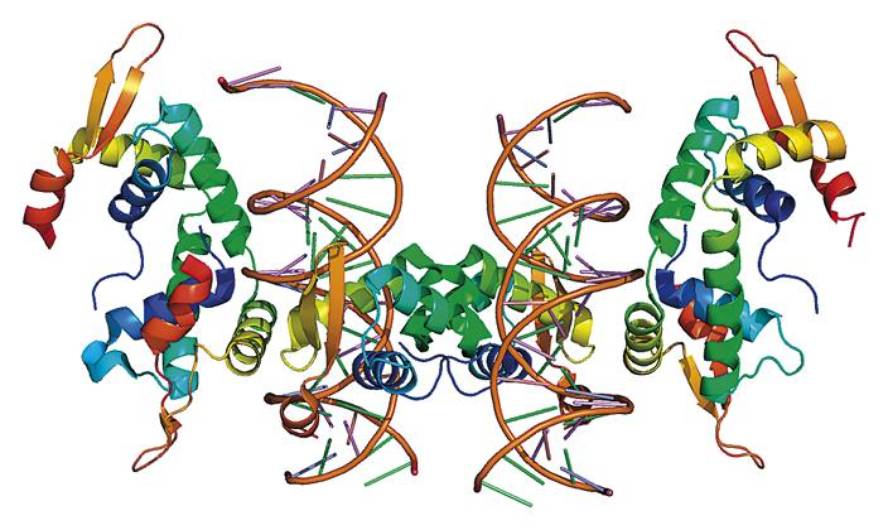We learn conversation movements thanks to a mutation of the FOXP2 gene
A research on the FOXP2 gene has been highlighted at the Congress of Neurosciences held in Washington. It is actually a research done in the mouse, but the conclusions are related to one of the characteristics of people, the ability to speak. In fact, these mice had the mutated FOXP2 gene to be the same as humans and have seen these mice learn more easily some moves than conventional ones. According to researchers, this suggests that this mutation can help learn the complex movements that are made when speaking.
The study was presented by neurologist Christiane Schreiweis of the Department of Evolutionary Anthropology of the Max Planck Institute. This section has been researching the FOXP2 gene for years. For example, a few years ago mice were genetically modified to obtain the human version of the FOXP2 gene.
Then they found that these mice did not dare to explore as many places as normal. In addition, the screams that were made when they separated from the mothers were rare, special. Their neurons had more dendrites than the most common mice and were longer, which facilitated communication between neurons. And they had also modified some cells related to study and memory.
On this occasion, Schreiweis has shown that mice with human version of the FOXP2 gene learn faster than conventional mice. To do this, he trained mutated and simple mice, following visual signals to find the right path. As the common mice took 4 days longer than the mutated ones to get what they got in 8 days.
The researcher considers that the human version of the gene has allowed a better integration of the processes of vision and contact. And hence it follows that the mutation of the FOXP2 has provided human beings with the ability to learn the movements we must make to create basic sounds and create words.
UPV-EHU linguist Itziar Laka investigates the relationship between language and brain and, in her opinion, the discovery made by Max Planck's researchers is "important." In his opinion, "it will not be easy" to know exactly what work the FOXP2 gene does, but the research they have presented now "has good pint". In short, it has seemed to him a very interesting work.






